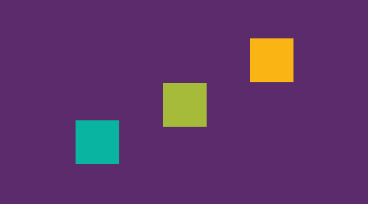
Publisher: Actes Du Jean-Paul Dionne Symposium Proceedings. Vol 2 No 1 (2018)
Author: Delcourt, Lauren
Hosted by: uottawa.scholarsportal.info
Submitted by: yorkfsl
Date Submitted: April 12, 2021
Warning
This content within this resource may be sensitive to some viewers.
The 2013 Ontario French Second Language (FSL) Curriculum emphasizes inclusivity and
bilingualism; however, many students are recommended to opt out of French Immersion
(FI). The opting-out of students may support the strengthening of the program by
establishing a reputation of success, but how does it affect the withdrawn child? Are FSL
programs using best practices to support all learners equitably, or catering to the elite
students as a result of misconceptions, lack of resources and professional training? To
address these questions, an exploratory and focused literature review of Canadian
publications, Ministry of Education documentations and global articles on the topic of
bilingualism was conducted, focusing on the works of Genesee (2007) and Baker (2006) on
natural language acquisition, Arnett and Mady (2017) on teachers’ and parents’
perspectives, and Gour (2015) and Wise (2012) who report on misconceptions regarding
second language education. Emerging trends indicate that elitist practices and unequal
access to FSL programs remain a prominent issue in Ontario classrooms. With the
understanding that students with learning disabilities (LDs) can succeed in the FI program,
removing these learners may in turn, be a disservice to their overall learning. Findings
presented in this paper support the need to examine how learners’ abilities are being
perceived by educational professionals to provide the necessary tools and supports for
success, appropriate training to mitigate misconceptions, as well as retain a reputation for
success in FSL programs through equitable means. Acknowledging such discrepancies
between what serves as best teaching practice and making it possible in the classroom is
necessary to reduce excuses of unpreparedness to meet students’ diverse needs and initiate
reflection and training programs that prepare teachers to teach inclusively to all.
Related Resources
“Ne suis-je pas une femme ?&...
Cette célèbre abolitionniste noire américaine a été une figure féministe…
52 Livres pour denoncer le racisme...
Depuis 1966, le 21 mars a été proclamé par l'Assemblée générale des…
6 ED TECH TOOLS TO TRY IN 2021
Jennifer Gonzalez shares six very useful tech tools to help teachers and…
A framework for French as a second...
Beginning with explaining the benefits of FSL learning and the Ministry of…



